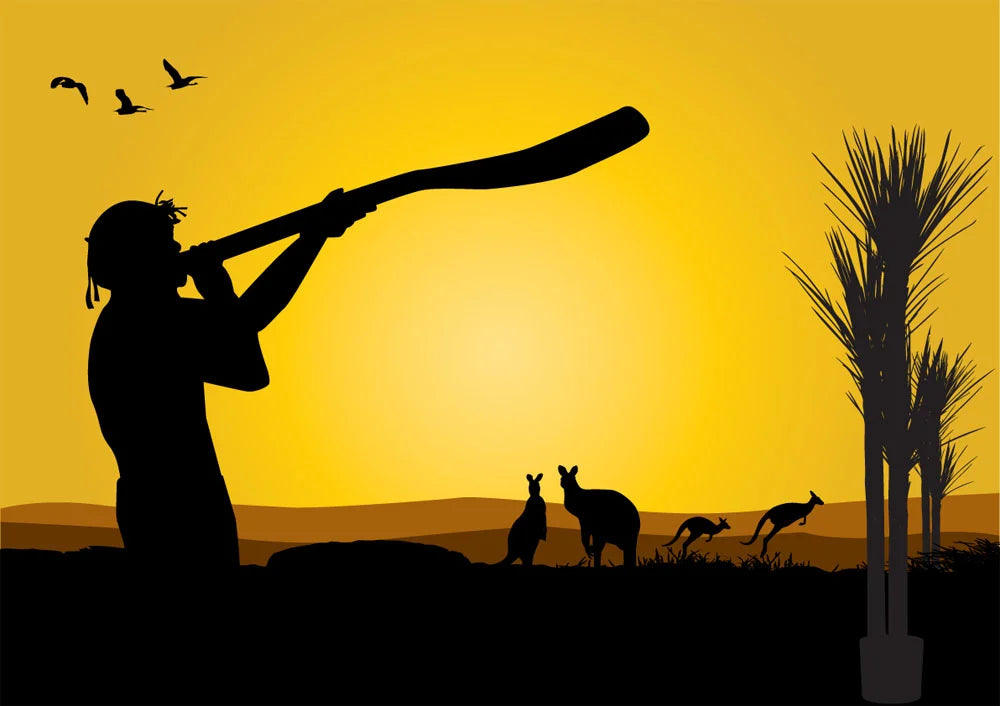
Exploring Aboriginal Culture Through Authentic Quality Meats: A Taste of Tradition
Share
Australia’s Indigenous culture is one of the oldest living cultures on Earth, with roots extending over 60,000 years. Central to this rich heritage is a deep connection to the land and its resources, particularly in how Aboriginal communities use native fauna as both food and cultural symbols. Kangaroo, emu, and other native meats have played an important role in traditional diets, carrying not only nutritional value but profound cultural significance.
A Deep Connection to the Land
For Aboriginal Australians, food is not just sustenance; it is a bridge between the people, the land, and their ancestors. Hunting kangaroos and other native animals like emus was often part of communal activities that strengthened social bonds and passed down essential survival knowledge through generations. These practices embody a respect for sustainability, ensuring that the land could provide for future generations by taking only what is necessary.
One striking feature of traditional Aboriginal meat preparation is the use of whole animals. Not only was the meat consumed, but bones, hides, and sinew were used for tools, clothing, and ceremonial purposes. The process was, and remains, a respectful interaction with the land, ensuring minimal waste.
The Nutritional Power of Native Meats
Kangaroo meat is particularly valued for its lean quality and rich nutritional content. Containing less than 2% fat and packed with protein, kangaroo is not only a sustainable meat but one that aligns with modern healthy eating trends. Its high iron content and essential vitamins make it a nutritious choice for those looking to enrich their diets.
Emu meat, another culturally significant option, provides similar benefits. Low in fat and high in iron, it was used by Indigenous Australians for both food and medicinal purposes. Today, the incorporation of these meats into mainstream cuisine offers an opportunity to enjoy both the taste and health advantages of native game.
Supporting Indigenous Practices through Ethical Sourcing
As modern Australia grows more aware of the environmental impacts of meat production, sourcing native game like kangaroo has gained prominence as an eco-friendly option. Aboriginal communities have been at the forefront of this sustainable hunting, ensuring a balance between cultural traditions and environmental stewardship.
Buying authentic, ethically-sourced game meat not only supports environmentally conscious consumption but can also help preserve Aboriginal cultural practices. Brands like Warro Game Meats focus on respecting these traditions, ensuring that their products reflect the sustainable values and high-quality standards rooted in Indigenous practices(
A Culinary Experience with Heritage
Incorporating Aboriginal-inspired meats into your meals is not only about taste but also connecting with a heritage that has honored the Australian landscape for millennia. Whether you enjoy kangaroo steaks or gourmet sausages, these meats offer a flavorful and health-conscious alternative to conventional meats, all while supporting Indigenous communities and sustainable farming practices.
At Warro Game Meats, our commitment to authentic, high-quality game meats stems from these values of sustainability, respect for tradition, and promoting healthy, ethical food choices.
Experience the unique taste of Australia and support Aboriginal culture with every bite.
